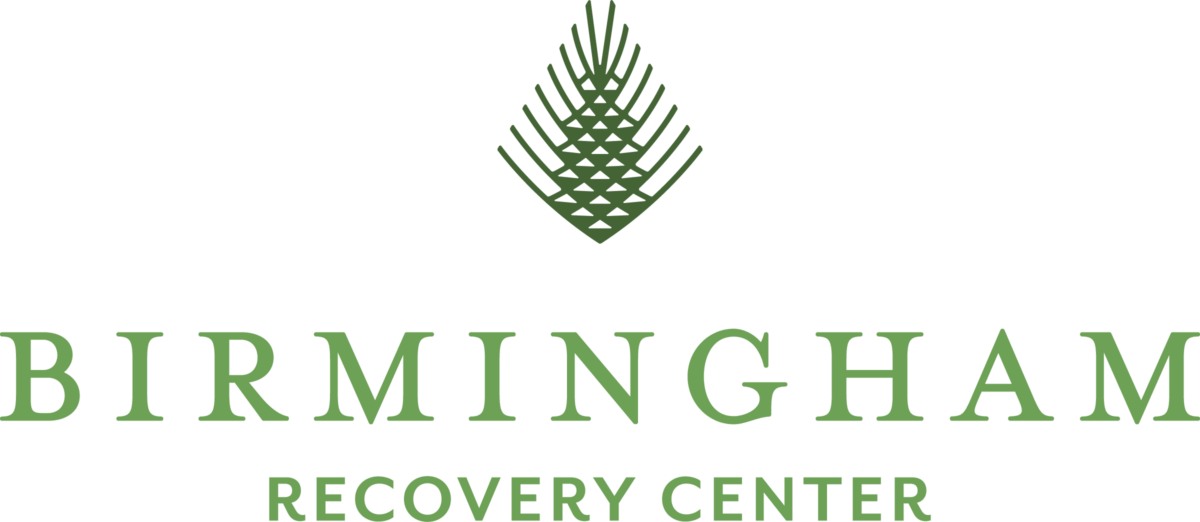There are several barriers to getting addiction treatment despite it being as readily available as it is. In many instances, individuals can get caught in the denial and/or hesitancy of needing addiction treatment, which is what keeps them from getting the care they need. In other cases, some individuals may want to get professional help but are concerned that they will be unable to due to the potential costs they may face. When this is the concern, it is common for the question of “does medical insurance cover rehab?” to come up.
Does Medical Insurance Cover Rehab?
Today, most medical insurance companies offer some level of insurance coverage for those who obtain addiction treatment. This is a big change from years past, as medical insurance either did not cover the cost of rehab at all or did so in a very minimal way. The primary reason for this change comes as a result of the Mental Health Parity and Addiction Equity Act that was passed by congress in 2008 under the Obama Administration. This act ensures that no individual should receive any less quality of mental health care than the medical care they receive with their insurance plan. This, unfortunately, does not always mean that the mental health care someone can obtain under their insurance is of good quality, rather it ensures that the mental health care they get is equal in quality to the medical care they receive. Therefore, just because someone has insurance does not always mean they will get the level of care they need to recover from drug or alcohol addiction. Conversely, if an individual has good quality insurance, they can benefit from the addiction treatment options offered to them.
What Determines the Cost of Rehab?
There is no one flat rate for rehab, rather it can cost different prices for each individual based on several factors. As previously mentioned, one of the most common determining factors regarding addiction treatment costs comes down to insurance and the type of plan that a person has. If a person has good quality insurance, it is likely that they will be able to have partial or full coverage of some of the most common treatment options available in rehab, including detox, residential treatment, and outpatient treatment. Other factors that come into play when attempting to answer the question, “does medical insurance cover rehab?” can include the following:
- The amount of coverage provided – Just because an insurance company offers coverage for drug and alcohol rehab does not mean that the coverage offered is enough for the individual. Some insurance companies have plans that only offer partial coverage of certain services as opposed to full coverage. This can change the out-of-pocket cost of rehab for a client, as they will have to pay more for their care.
- The type of facility – There are a wide range of treatment facilities available, some of which are considered luxury while others are more community-based and local. If an individual wants to attend a luxury rehab facility, chances are they will be required to pay more than if they were to attend a smaller, local rehab. It is important for individuals who are seeking treatment to stay within a reasonable price when it comes to their treatment so that they are not overwhelmed with costs.
- Other sources of funds – Many people who attend drug and alcohol rehab have insurance that can provide some coverage, but may also have some friends, family, or loved ones who want to contribute to the cost. This can reduce how much out-of-pocket costs the client has to pay.
When looking to utilize insurance for drug or alcohol rehab, the most effective thing a person can do is reach out to their insurance company directly. They should feel free to ask any questions they have, including “does medical insurance cover rehab?” when speaking with an insurance agent.
Rehab is an Investment
By the time a person is ready to get professional addiction treatment, there is a chance that they are not in a place where they are able to make the best decisions for themselves. However, it is imperative to remember that no matter what the current situation is, rehab is an investment. It will cost money and the prices may be high at some points during the process. This is the reality of the situation when it comes to paying for rehab. However, when viewed as an investment in one’s health and future, it can make paying for this care less frustrating and easier overall. Plus, continuing to abuse drugs or alcohol is likely going to cost more money in the long-run, as the cost of drugs/alcohol, legal fees, medical bills, and other costly consequences such as divorce and child support can occur. Utilizing insurance when possible is ideal in order to help reduce costs all while getting an individual in recovery from this fatal disease.
Drug and Alcohol Rehab in Alabama
If you or someone you love is addicted to drugs or alcohol and needs help, reach out to us right now. Our team of professionals at our treatment facility in Alabama are highly qualified, experienced, and compassionate and ready to help you or your loved one stop abusing drugs or alcohol for good.
Do not let another day go by without reaching out to us. Call us right now at (205) 813-7400 or visit our website to learn more about how we can help you today.

